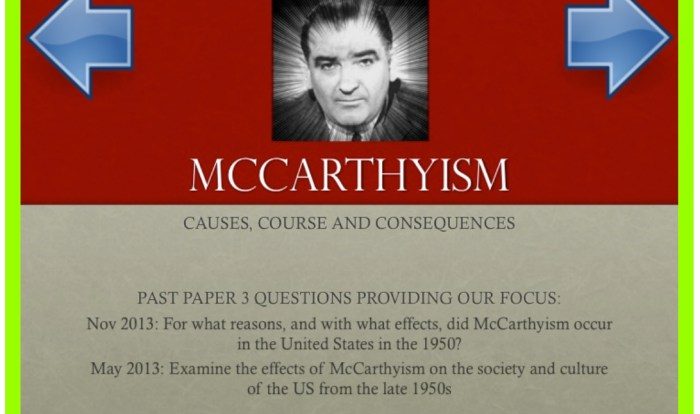Unveiling the complexities of imperialism, the imperialism word search puzzle answers key serves as an interactive gateway to understanding the historical phenomenon that shaped global power dynamics. Through a captivating exploration of key terms, historical context, and regional manifestations, this puzzle unravels the intricate tapestry of imperialism, empowering learners to delve into its profound impact on nations and cultures.
Imperialism Word Search Puzzle: Imperialism Word Search Puzzle Answers Key
Imperialism word search puzzles are educational games that help players learn about the history and key terms of imperialism. These puzzles typically feature a grid of letters with hidden words related to imperialism, such as “colony,” “protectorate,” and “sphere of influence.”
Players search for and circle the hidden words, which can be found horizontally, vertically, or diagonally in the grid. By completing the puzzle, players reinforce their understanding of imperialism and its key concepts.
Here is an example of an imperialism word search puzzle:
https://www.education.com/worksheet/article/imperialism-word-search/
Historical Context of Imperialism

Imperialism is a policy or practice by which a country increases its power and wealth by taking control of other countries or territories. The historical context of imperialism dates back to the 15th century, when European powers began exploring and colonizing the Americas, Africa, and Asia.
The causes of imperialism were complex and varied, but they included economic, political, and ideological factors. European powers sought new sources of raw materials, markets for their goods, and opportunities for investment. They also believed that it was their duty to “civilize” and Christianize the indigenous peoples of the colonized territories.
Imperialism had a profound impact on global politics. It led to the creation of vast colonial empires and the displacement and subjugation of millions of people. It also contributed to the rise of nationalism and anti-colonial movements around the world.
Key Terms and Concepts, Imperialism word search puzzle answers key
Colonialism:A policy or practice by which a country establishes and maintains colonies in other countries or territories.
Protectorate:A country or territory that is under the protection of a more powerful country but retains its own government.
Sphere of influence:An area of the world where a country has significant economic or political influence.
Forms of imperialism:
- Direct imperialism:A country directly controls and governs a colony.
- Indirect imperialism:A country controls a colony through local rulers or elites.
- Economic imperialism:A country controls another country’s economy through investment and trade.
- Cultural imperialism:A country imposes its own culture and values on another country.
Imperialism in Different Regions
Imperialism was practiced in different regions of the world, including Asia, Africa, and the Americas.
Asia:European powers, such as Britain, France, and the Netherlands, established colonies in Asia, including India, Southeast Asia, and China.
Africa:European powers, such as Britain, France, and Germany, colonized much of Africa during the 19th century.
Americas:European powers, such as Spain, Portugal, and Britain, colonized the Americas, including North America, South America, and the Caribbean.
The methods and outcomes of imperialism varied in different regions. In some cases, imperialism led to the development of new infrastructure and economic growth. In other cases, it led to conflict, exploitation, and the destruction of indigenous cultures.
Resistance to Imperialism
Imperialism faced resistance from indigenous peoples around the world. This resistance took many forms, including armed struggle, civil disobedience, and cultural preservation.
Armed struggle:Indigenous peoples in many countries fought against European colonizers, including the American Indians in the United States, the Zulu in South Africa, and the Mau Mau in Kenya.
Civil disobedience:Indigenous peoples also resisted imperialism through nonviolent means, such as boycotts, strikes, and protests.
Cultural preservation:Indigenous peoples also resisted imperialism by preserving their own cultures and traditions. This included maintaining their languages, religions, and customs.
Resistance movements had a significant impact on the course of imperialism. They forced European powers to reconsider their policies and ultimately contributed to the decolonization of many countries.
Legacy of Imperialism
Imperialism has had a lasting impact on the political, economic, and social development of former colonies. In some cases, imperialism led to economic growth and development. In other cases, it led to poverty, inequality, and conflict.
The legacy of imperialism is still debated today. Some argue that imperialism was a necessary evil that brought civilization and progress to the world. Others argue that imperialism was a crime against humanity that has had devastating consequences for the people of the former colonies.
FAQ Overview
What is the purpose of an imperialism word search puzzle?
An imperialism word search puzzle is an educational tool that helps learners identify and understand key terms and concepts related to imperialism.
What are some examples of imperialism in different regions of the world?
Examples of imperialism include British colonialism in India, French colonialism in North Africa, and American imperialism in the Philippines.
